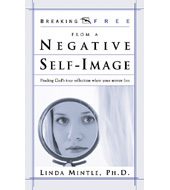 Today’s new parents have a lot of decisions to make. One of those decisions is how much testing to do on their newborn baby.
Today’s new parents have a lot of decisions to make. One of those decisions is how much testing to do on their newborn baby.
Technology has opened a potential Pandora’s box when it comes to testing newborns for conditions and disorders. Just a few drops of blood from a baby’s heel can lead to the discovery of over two dozen different conditions and disorders. And many of those conditions do not yet have treatments.
So the question is, do parents want to know all the potential problems their child can have even if there is no intervention to pursue?
In the past, the reason for testing was to identify disorders like PKU that could be treated and prevented. Today the screening possibilities are much broader. Conditions and disorders can be discovered that have no treatments.
On the pro side of the screening controversy, the argument is: 1) Early intervention could improve the child’s life if a disorder was discovered 2) When symptoms later appear, parents would know what these are related to and would not waste time trying to find someone who could diagnosis the condition.
One the con side: 1) Early screening may lead to more unnecessary testing and treatment for babies who may not get sick 2) Broad screening adds to health care costs. 3) Blood samples can be stored and used by researchers, possibly violating privacy rights.
From a bio ethical perspective, trying to decide who will benefit from additional screenings and who will not is tricky business.
Right now, different states require different screenings. An advisory board to the Secretary of Health and Human Services has been established to make recommendations regarding which screenings should be done but states are trying to figure it all out.
In the meantime, parents have to decide how much screening should be done and what they want to know when their child is born.
What do you think? Love to see your comments.


